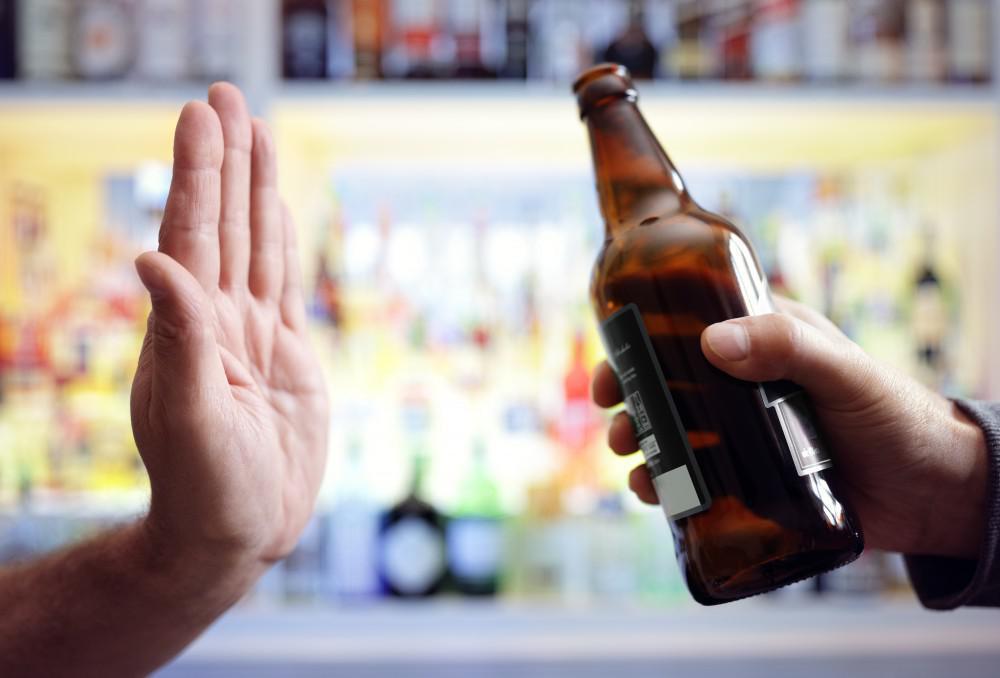
5 Tips for Staying Sober
You’ve done the work to become clean and sober, and you want to do what you can to stay that way. Here are five great tips that will help you safeguard your freedom from a substance use disorder.

If you’re considering outpatient treatment for yourself or someone you care about, you might be wondering: “What actually happens in an outpatient program?” The idea of starting something new can be overwhelming—but knowing what to expect can make the first step feel less scary and more empowering.
In this post, we’ll walk you through what a typical outpatient experience looks like, what services are offered, and how it helps you move forward in recovery.
Outpatient treatment is a flexible, structured form of addiction care that allows you to live at home, work, or go to school—while receiving professional support several times a week.
Unlike inpatient rehab, you don’t stay overnight. You attend scheduled sessions at a clinic, recovery center, or online.
Your journey starts with a thorough assessment by a licensed clinician.
They’ll talk with you about:
From there, the team creates a personalized treatment plan based on your unique needs and readiness.
Most outpatient programs offer a combination of services, such as:
You’ll meet one-on-one with a licensed therapist to explore:
Group sessions create a space to:
Many programs include regular drug screens. These aren’t about punishment—they’re used to:
If you’re dealing with opioid or alcohol use, MAT may be an option. This involves:
Outpatient programs often include lessons on:
Most people attend outpatient treatment:
More intensive formats like IOP (Intensive Outpatient Program) may involve 9–15 hours per week.
The goal is not just to “stop using”—it’s to help you:
You don’t need to be “ready” in a perfect way. You just need to be willing to explore what’s possible. Outpatient programs meet you where you are—with structure, support, and zero judgment.
Thinking about taking that first step? Reach out. We’ll walk you through it—no pressure, just support.

You’ve done the work to become clean and sober, and you want to do what you can to stay that way. Here are five great tips that will help you safeguard your freedom from a substance use disorder.

The connection between a substance use disorder and a mental health issue is a strong one, as the nearly eight million Americans who have a co-morbidity prove. When this occurs, treating both issues is paramount.

Addiction is a chronic disease that requires constant vigilance and good management. When a person falls short, relapse can occur. If you’re worried that a loved one has relapsed, here are some signs to look out for.

You believe that you’re drinking isn’t normal anymore, and you’re tired of the overwhelmingly negative effects that alcohol is having on your life. The good news is that alcoholism is highly treatable.

The rise in availability of telehealth services has been great news for those who need (or would prefer) to receive quality health care from the comfort of their own homes. These services also extend to substance use disorders.

Marijuana may be legal, but like with alcohol, how you use this legal substance makes a difference. If you develop a use disorder, marijuana can be quite harmful and affect a number of areas of your life.